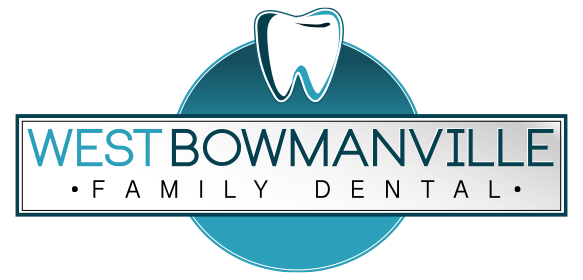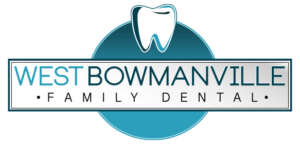Easter is fast approaching; for many, that means chocolate and the chance to indulge. The history of eating eggs at Easter dates back centuries when people exchanged gifts of eggs as a symbol of rebirth. It wasn’t until much later that the eggs were made from chocolate.
Nowadays, lots of us will look forward to the annual visit from the Easter Bunny, but this holiday needn’t be bad for teeth.
Start the Day with Something Healthy
A good nutritious breakfast will help fill your family up, making them less likely to snack. Choose high-protein foods like eggs and plain Greek yogurt, and avoid sugary cereals and juice.
Select Sweet Treats Carefully
Try to limit your family’s consumption of sweet treats that are particularly sticky, like marshmallow peeps, jellybeans and caramels. Acidic candies are also bad for teeth. Of all the Easter treats, chocolate is the least harmful because it melts quickly and is more easily washed away by saliva or rinsing your mouth with water after eating. However, it is best to eat chocolate at certain times only.
Stick to Eating Chocolate at Mealtimes
When there is plenty of chocolate around the house, it’s tempting to snack on it constantly, but this is one of the worst things you can do for your teeth. Every time you consume something sugary, including chocolate, cake and cookies, your mouth becomes more acidic for up to an hour afterwards.
These acids can erode tooth enamel, eventually causing tooth decay in Newcastle. The more frequently you snack, the more often your teeth are exposed to these acids. It can be worse for children’s teeth because their tooth enamel is naturally thinner and more susceptible to cavities.
This doesn’t mean you can’t enjoy chocolate, but have it as part of a main meal instead. Your mouth already produces more saliva after eating a meal, a protective fluid that helps wash away loose food particles and restores a more neutral pH more quickly.
Chomp on Cheese After Eating
If you can, encourage your family to finish their meal with cheese and make a tasty cheeseboard for everyone to dip into. Cheese is great for teeth because it contains lots of phosphate and calcium, helping to strengthen tooth enamel.
Chewing cheese helps stimulate saliva flow, so your mouth becomes less acidic more quickly. It’s also thought that chewing cheese helps reduce levels of cavity-causing bacteria as it contains casein, a type of protein.
Fill up on Other Foods First
Before finishing a meal with chocolate, ensure everyone has eaten well. Choose foods that are rich in vitamins and minerals. The Easter Bunny always seems to have beautifully white teeth, so try to eat like him and ensure you have lots of fresh fruit and vegetables. If you have kids, lead by example, as a good diet will give your children the best chance of growing up with strong and healthy teeth in Clarington, especially if they visit West Bowmanville Family Dental for regular checkups and cleans.
Avoid Chocolate before Bedtime
There is no denying that chocolate makes a tasty evening snack, but if you indulge, ensure you eat it at least an hour before bedtime. This is because your mouth is more acidic during this time because of demineralization. During demineralization, acids remove minerals like phosphorus and calcium from tooth enamel, softening it, but some of these minerals can remain in your saliva.
If you brush your teeth directly after eating, you are brushing softer and weaker tooth enamel that is more easily eroded. It’ll take about an hour for saliva to replace the minerals in your tooth enamel during remineralization.
With a little caution, you can enjoy a chocolaty Easter without causing too much damage to your teeth.

